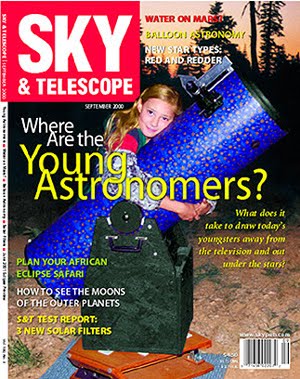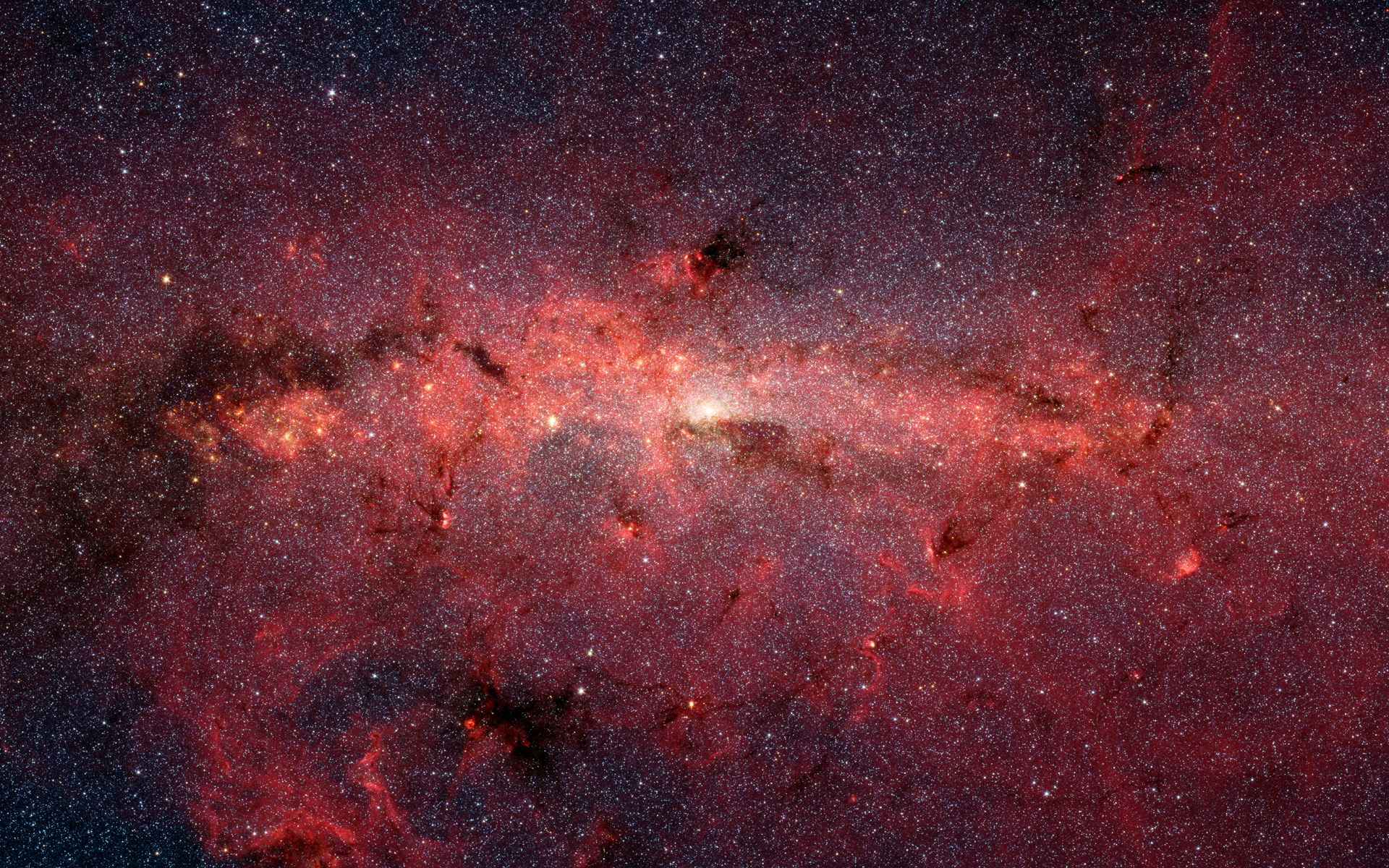I was in my backyard tonight, catching up on the whereabouts of the next great comet.
Last night, not knowing its current location, I scanned low in Ophiuchus, mistaking some globular clusters for the comet. So, today, I looked in the May issue of S&T, to see where they placed it for early September. Boy, that sucker is moving!
Anyway, I remember it having a very bright nucleus, with quite a large bright coma, diffusing nicely.
Well, tonight I *think* I caught up with it, and either my backyard is suddenly a good magnitude brighter (which I doubt), or the comet seems dimmer.
I place it in roughly in the area of M14 (a fairly generous estimate, not exact at all). Since there should not be anything that bright in the general area, I assume I am looking at Hale-Bopp, but damn, it seems dim.
Anyone else think this guy is fading?











